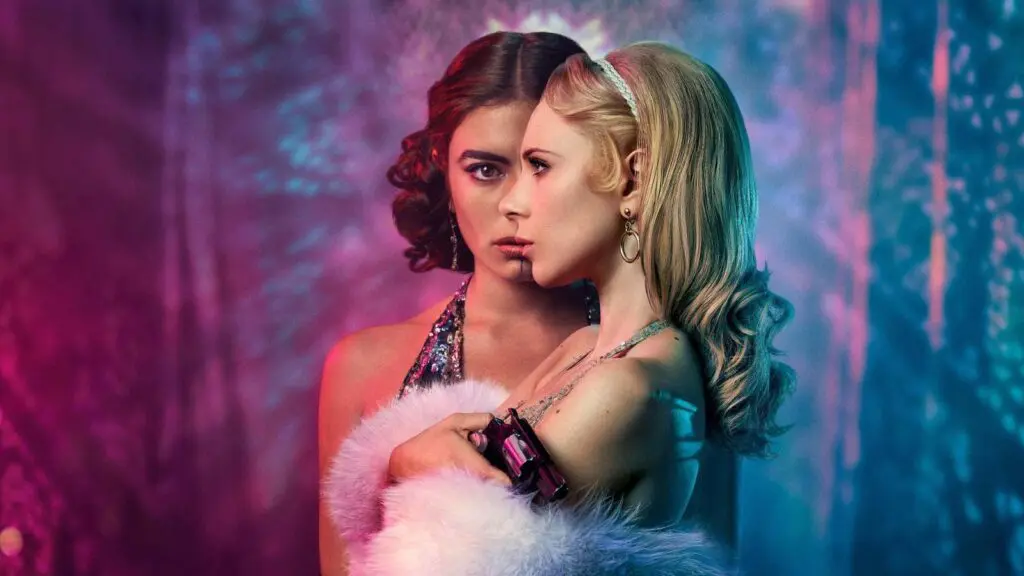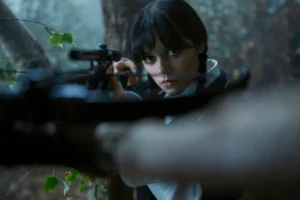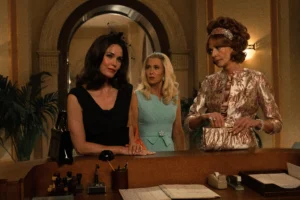Summary
Lush looking but tonally confused, Sky’s Little Birds isn’t as erotic as you’d think erotica might be, and its allegorical undercurrent is off-putting.
This review of Little Birds Season 1 contains spoilers.
Thanks to the sordid appetites of the British public, anything with a bit of sex in it tends to do well these days. Ever since 50 Shades of Grey made sadomasochism mainstream, concentrating more power in the hands of E.L. James than anyone should be comfortable with, anything with a slightly softcore undercurrent tends to be treated as the next best thing. The recent runaway success of the woeful 365 Days on Netflix proves this, and you see it manifest in the orgies of Brave New World on Peacock and in the fumbling coming-of-age cuddles in BBC’s Normal People. Sex sells, in other words, which has always been true, but is so true now that simply being sexy isn’t enough anymore. Sky Atlantic’s Little Birds, adapted from a posthumous collection of erotica by the French-Cuban writer Anaïs Nin, wants sex and indeed sexual exploitation to serve as an imperialist allegory.
I’m not sure how comfortable I am with this, but then again nobody else seems to be sure about it either. Little Birds is perfectly content to allow its surreal vision of Tangiers, Morocco to be so weird that nobody bothers to think about much of anything. American heiress Lucy Savage (Juno Temple) is forced to pop pills that suppress her sexual adventurousness, leaving her glassy-eyed and convincingly anxious, and that’s mostly the trippy vibe this adaptation is going for; it’s certainly how I felt about it most of the time.
But Lucy’s pills don’t work, much to the chagrin of her weapons-dealing father (David Costabile), who pumps her full of them. Tired of the gilded societal cage of ‘50s New York, Lucy wants to a pursue a life of vacant hedonism while married to a bumbling English aristocrat – the one she weds is Hugo William Constable Cavendish-Smyth (Hugh Skinner), who’s good for a full house in Toff Name Bingo but not for much of a wedding night since he’s gay and everyone in Tangier knows it.
This vision of Tangier is stuffed full of competing subplots and eccentric characters, and its lush, hyper-stylized aesthetic is a fever dream of psycho-sexual manipulation. There’s less hanky-panky than you might expect, and what is there isn’t particularly erotic, leaning much more towards exploitation and coercion than its often knockabout camp sensibility would suggest. This flip-flopping tone is one thing, and mileage will vary; that Little Birds wants us to care about the sex lives of these people for whom colonialism is an enticingly horny prospect, well… to stay on-brand, that might be a harder pill to swallow.




